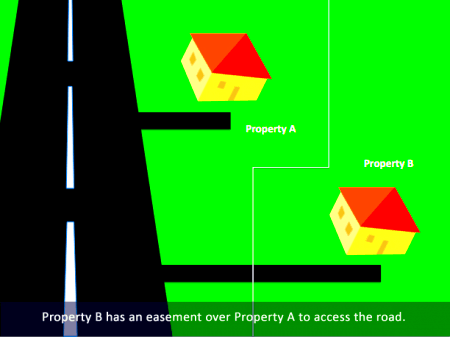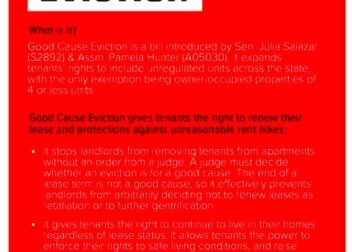Missouri Driveway Easement Laws and What They Mean for Homeowners
Driveway easements are a crucial aspect of property ownership in Missouri. They allow one property owner to use a portion of another’s land for access, often necessary when a home does not have direct road access. Understanding these easements is essential for homeowners to protect their rights and navigate potential disputes.
In Missouri, easements can be complex, and homeowners should be aware of their legal implications. They often arise from a need for access and can be established through agreements, necessity, or long-standing use. Knowing how these easements function can help prevent conflicts and misunderstandings.
Types of Driveway Easements
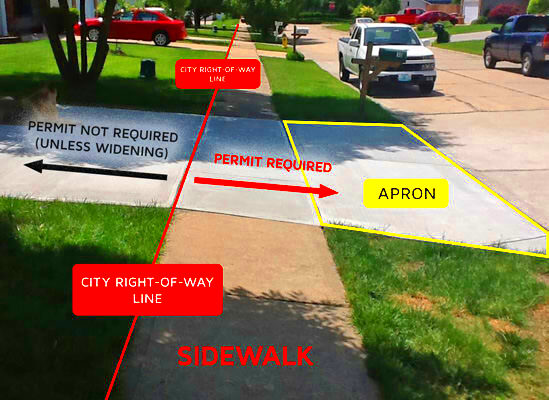
There are several types of driveway easements in Missouri, each with its own characteristics. Here are the main types:
- Express Easements: Created through a written agreement between parties, outlining specific terms of use.
- Implied Easements: Established by circumstances that indicate a property owner’s intention to allow access, even without a formal agreement.
- Easement by Necessity: Granted when a property cannot be accessed without crossing another’s land, ensuring the owner has necessary access.
- Easement by Prescription: Developed through continuous, open, and adverse use over a specific period, typically 10 years in Missouri.
How Driveway Easements are Created

Creating a driveway easement involves several steps, whether through legal agreements or established usage. Here’s how they are typically formed:
- Written Agreement: The most straightforward way is to draft a legal document detailing the terms of the easement, including the location and rights of use. Both parties should sign this agreement to ensure clarity.
- Establishing Necessity: If a property cannot be accessed without crossing another’s land, the owner may petition for an easement by necessity. Legal action may be required to formalize this easement.
- Proving Prescription: If a homeowner has used a path for a long time without the owner’s permission, they might establish a prescriptive easement by showing evidence of open and notorious use over time.
Understanding these processes helps homeowners navigate the complexities of property law effectively and avoid potential disputes.
Rights of Homeowners with Driveway Easements
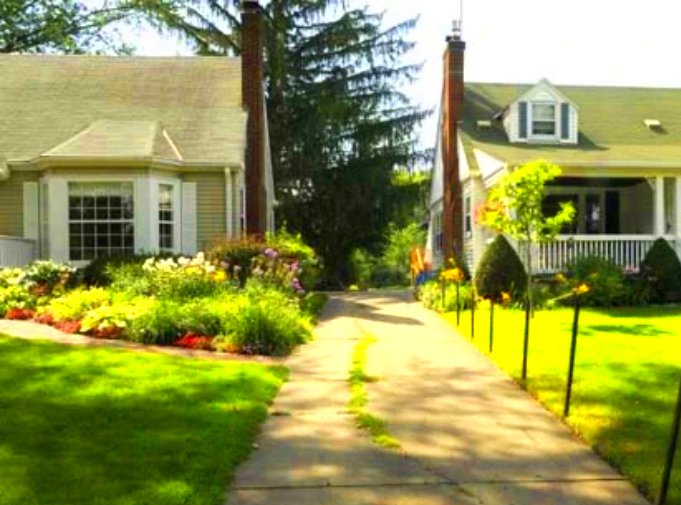
Homeowners with driveway easements have specific rights that protect their access and use of the property. Understanding these rights is essential for maintaining peace with neighboring property owners and ensuring that your access is secure. Here are some of the key rights you should know:
- Right of Access: Homeowners have the right to use the easement for access to their property. This includes the right to drive vehicles, park, and maintain the pathway as needed.
- Right to Maintenance: Property owners with an easement can usually maintain the driveway area. This may include clearing snow, mowing grass, or repairing surfaces, ensuring safe access at all times.
- Right to Protection from Obstruction: Homeowners can expect that no one will block or obstruct the easement. If someone does, you have the right to take action to remove the obstruction.
- Right to Fair Use: The easement should not be used in a way that excessively burdens the property it crosses. For instance, if the easement is for residential access, it shouldn’t be used for commercial purposes without permission.
Knowing your rights helps you defend against potential disputes and misuse of the easement by others, ensuring that your access remains uninterrupted.
Responsibilities of Homeowners with Driveway Easements
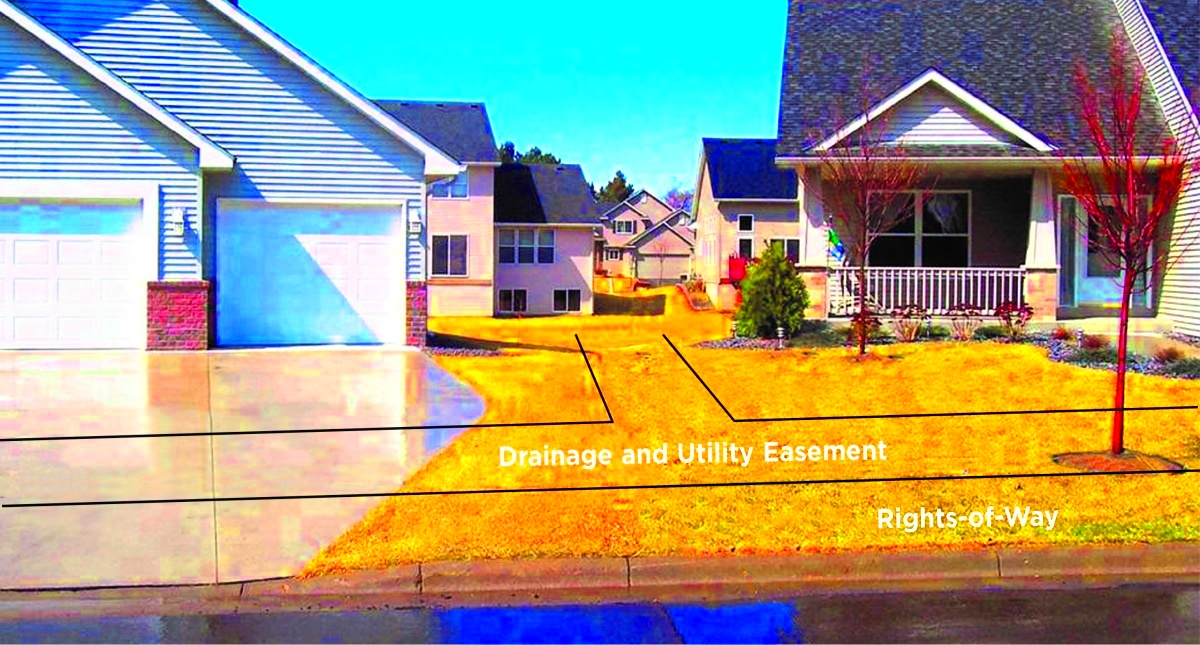
With rights come responsibilities. Homeowners with driveway easements must also adhere to certain obligations to ensure that their use does not infringe on the rights of the property owner where the easement exists. Here are some key responsibilities:
- Respecting Boundaries: Homeowners must use only the designated area of the easement. Overstepping these boundaries can lead to conflicts and potential legal issues.
- Maintenance of the Easement: While the property owner may have some responsibility for the easement, the homeowner using it typically shares the burden of maintaining it. This includes keeping it clear and in good condition.
- Limiting Damage: Homeowners should avoid causing damage to the property that the easement crosses. This includes not parking on grass or causing erosion.
- Notifying the Owner of Changes: If there are any planned changes that might affect the easement, such as construction or landscaping, homeowners should inform the property owner ahead of time.
By fulfilling these responsibilities, homeowners can maintain a good relationship with their neighbors and ensure that their rights to the easement are upheld.
Disputes and Legal Issues Related to Driveway Easements
Disputes over driveway easements can arise for various reasons, and understanding how to address these issues is vital for homeowners. Common disputes include disagreements over the use of the easement, maintenance responsibilities, and access rights. Here are some common issues and how they can be handled:
- Access Conflicts: If the property owner blocks or restricts access, the homeowner may need to address this directly or seek legal help to enforce their rights.
- Maintenance Disputes: Disagreements may arise regarding who is responsible for maintaining the easement. Open communication and a clear understanding of responsibilities can help resolve these issues.
- Overuse of Easement: If a homeowner is using the easement in ways that exceed the agreed-upon terms, the property owner may need to intervene. Documenting usage and communicating concerns is key.
If disputes cannot be resolved amicably, legal action may be necessary. It’s often wise to consult with a lawyer specializing in property law to navigate these issues effectively. Keeping records of all agreements, communications, and usage can also help support your case in any legal proceedings.
How to Resolve Driveway Easement Conflicts
Conflicts over driveway easements can be frustrating, but they are often manageable with clear communication and understanding. Whether you are a homeowner facing issues or the property owner of the land where the easement exists, knowing how to approach these situations can lead to a quicker resolution. Here are some effective steps to help resolve conflicts:
- Open Communication: Start by talking to the other party involved. Many disputes can be resolved by discussing the issue calmly and openly. Share your concerns and listen to their perspective.
- Document Everything: Keep detailed records of all communications, agreements, and instances of conflict. This documentation can be crucial if the situation escalates.
- Review the Easement Agreement: If there is a formal easement agreement, review its terms to clarify your rights and responsibilities. This can help you approach the conversation with facts.
- Consider Mediation: If direct communication doesn’t work, consider using a mediator. A neutral third party can help facilitate a productive conversation and find common ground.
- Legal Consultation: If conflicts persist, consult with a property lawyer. They can provide guidance on your rights and options based on Missouri law.
By taking these steps, you can work towards a resolution that respects everyone’s rights and maintains a good neighborly relationship.
Seeking Legal Help for Driveway Easement Matters
Sometimes, resolving driveway easement issues may require legal intervention. Knowing when to seek help can save you time and frustration in the long run. Here are some scenarios where consulting a lawyer is beneficial:
- Complex Disputes: If you find yourself in a complicated situation involving multiple parties or unclear agreements, a lawyer can help clarify the legal landscape.
- Violation of Rights: If your rights as an easement holder are being violated—such as being denied access—you should seek legal advice to understand your options for enforcement.
- Drafting or Reviewing Agreements: If you are considering entering into an easement agreement or need to modify an existing one, having a lawyer review it can prevent future issues.
- Litigation Needs: In cases where disputes escalate to litigation, having a knowledgeable attorney on your side can make a significant difference in the outcome.
Remember, the cost of legal help can often be outweighed by the benefits of having clear guidance and support throughout the process.
FAQs
Here are some frequently asked questions about driveway easements that can help clarify common concerns:
- What is a driveway easement? A driveway easement allows one property owner to use a portion of another property for access, typically when the property lacks direct road access.
- How long does an easement last? Easements typically last indefinitely unless specified otherwise in an agreement. They may be terminated if the purpose is no longer relevant.
- Can an easement be revoked? Yes, easements can be revoked under specific conditions, such as mutual agreement between parties or if the easement is no longer necessary.
- What should I do if my easement is blocked? First, try talking to the property owner. If that doesn’t work, consider documenting the issue and seeking legal advice.
- Is it necessary to have a lawyer for easement issues? While not always necessary, having a lawyer can help navigate complex situations and protect your rights.
Understanding these common questions can help you feel more prepared to handle any driveway easement issues that may arise.
Conclusion
Understanding driveway easement laws in Missouri is essential for homeowners and property owners alike. These laws provide a framework that ensures access and protects the rights of those involved. By familiarizing yourself with the types of easements, the rights and responsibilities of homeowners, and the steps to resolve conflicts, you can navigate any challenges that may arise effectively. Whether you choose to engage in open communication, seek mediation, or consult a lawyer, having a proactive approach can help maintain good relationships and ensure that your property rights are respected. Always remember that clarity and communication are key in avoiding disputes and making the most of your driveway easement.
